P2 Learning for Term 4 week 8 (beginning 01.06.20)
Good morning to you all. We hope you had a good week last week and enjoyed lots of activities in the sunshine.
Under ‘normal’ schooling, it would soon be our favourite week of the year – Health Week! This year we are still going to be doing it, albeit virtually, in the last two weeks of term (beginning June 22nd) . Please check the Health Week page on the website as there are some activities which require preparation. Eg. questions from children to interview an international football player. Obviously we need to have time to get these questions to our volunteers and be able to record them in time.
Our Teams meeting will be at the same time as in previous weeks. Please check in with an emoji that best describes how you are feeling. It helps us to see how you are getting on.
It was lovely playing games with those of you that managed to come along to our chat last week. This week we are going to play a scavenger hunt. You might need a parent or carer with you to help you type the items into the chat bar. We will also have a chat with everyone and you can share some of the things you have been up to.
P2Z – Tuesday 2nd of June @11am
P2C – Tuesday 2nd of June @11am
Your morning starter this week is ‘Hit The Button’. Challenge yourself to improve the number of correct answers. Hit The Button
Reading: This week we are going to look at a poem by Jack Prelutsky called Spaghetti! Spaghetti!Please have a go at reading it by yourself or get a parent to help you. You can also watch this clip. Spaghetti! Spaghetti!
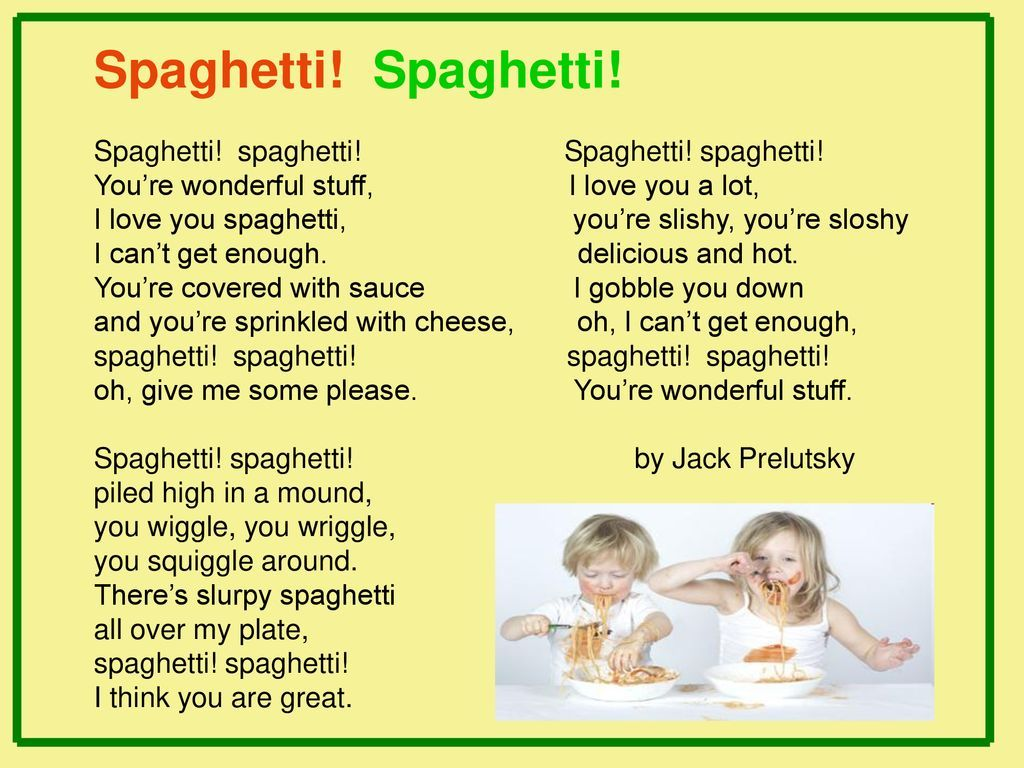
- What adjectives did the poet use to describe the spaghetti? (Remember an adjective is a word which describes a noun and includes words that tell us what something looks or sounds like and what it feels like to touch, taste, or smell. Adjectives can also be colours and words that describe temperatures and sizes.)
- What is another word for mound?
- What word could you use instead of wonderful? (Something which still means the same.)
- What word could you use instead of gobble?
Challenge 1 : Can you write the adjectives in alphabetical order? Remember if the first letter is the same, look at the second letter. If that is also the same, look at the third letter etc.
Challenge 2: Can you rewrite/say the last verse of the poem using negative words?
Eg. Spaghetti! Spaghetti! You’re horrible/yucky stuff.
Writing: We would like you to write a recount of your favourite story. A recount is a piece of writing which gives details of an event that has happened, or in our case, a story that you have read. You need to explain to the reader what your story was about.
Things to help you:
- A title
- A picture
- Use time connectives to make sure the order is correct ( eg. First, Next, Then, Finally)
- Write what happened – using past tense
- Use capital letters and the correct punctuation.
- Make sure it makes sense. Read what you have written.
Please remember this activity doesn’t need to be done all at once. You can do it over several days. Also don’t forget to read what you have written to make sure it makes sense.
Social Studies/Technologies – Castles and Knights
Now that you have had a chance to research castles, we would like you to learn about Knights. Have a look at the powerpoint to find out about Knights’ Armour:
Here are some videos about Knights you might want to have a look at to expand your knowledge about the medieval times:
Your task this week is to design your own coat of arms with things that represent your identity – perhaps the things you like to do such as hobbies or sports. (This links with the article of the week work – the importance of a name.)
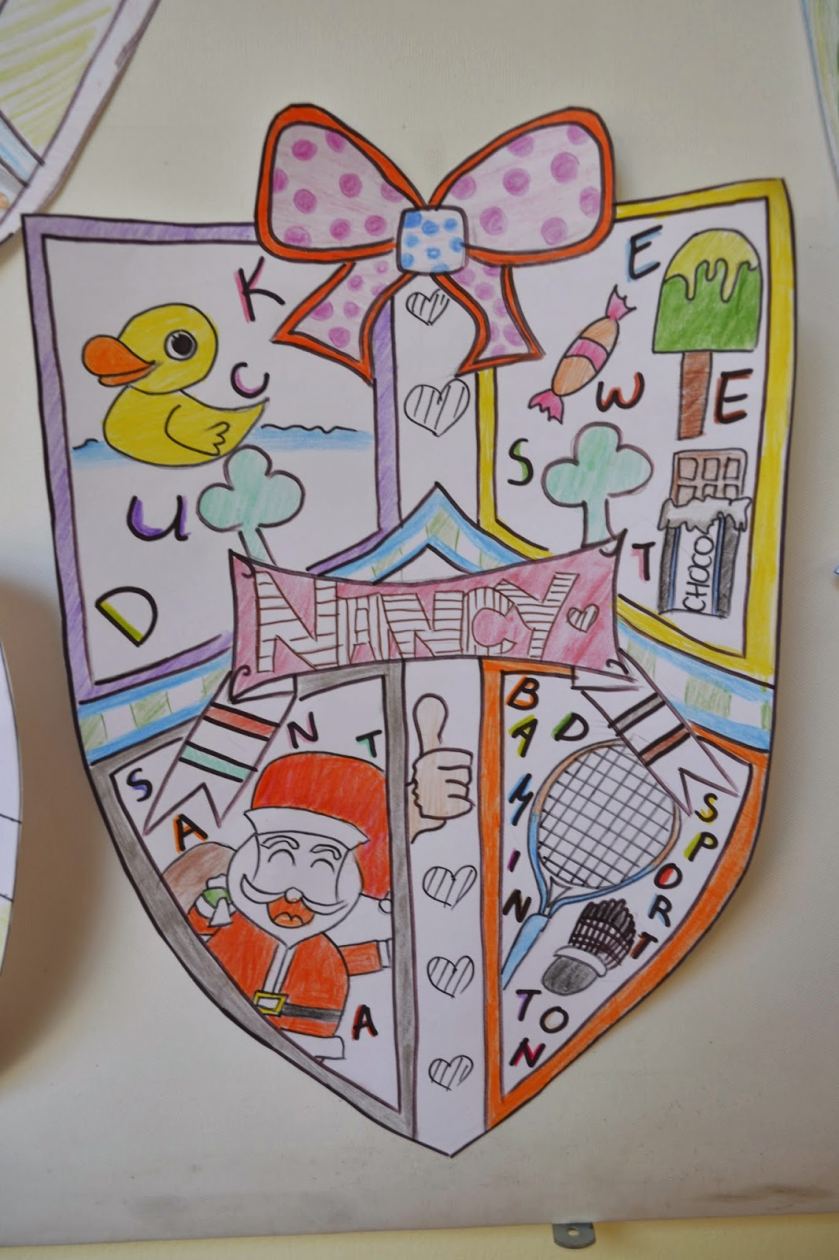
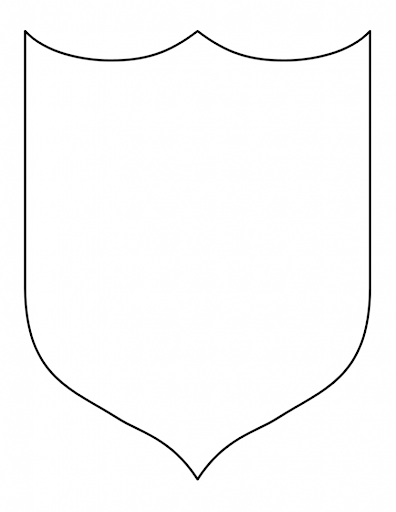
Maths: This week we are going to investigate patterns and sequences. In school we have looked at patterns and sequences with numbers and shapes/objects.
An example of this:
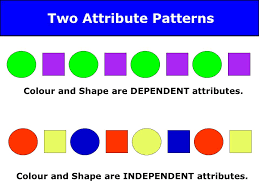
We would like you to have a look at patterns around the home (eg. tiles, carpet/curtain pattern, brickwork) and outside (natural and manmade). What do you notice about them? Do they use more than one attribute – shape, size, colour?


Use your knowledge of patterns and sequences to create some of your own in the house. Think about the different attributes. You can use toys, Lego, cutlery, shoes etc. Can you make your patterns more challenging by including two attributes?
You know we like to link your learning, so for part of your 30 Days Wild challenge this week (see your HWB learning for this week), we would like you to use natural items to create patterns outside. Again, try to make patterns using one or more different attributes.
Don’t forget to take photos so that we can share what you have done with your classmates.
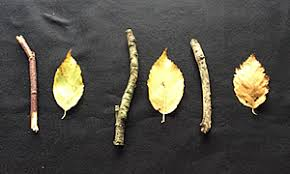
Health and Wellbeing We have signed our classes up for the 30 Days Wild Challenge. There is a calendar for the month of June which you can print off or you can make one of your own. Wallchart for June

We want you to do one ‘wild’ thing a day throughout the whole month: for your health, wellbeing and for the planet. That’s 30 simple, fun and exciting Random Acts of Wildness. The challenge cards have 30 different activities if you are struggling to think of things to do however, keep an eye on Twitter and there might be some extra activities. Random Acts of Wildness Challenge cards
Here’s something to get you started for this week if you wish. It doesn’t need to be completed all in one day. Spread it out over the month.
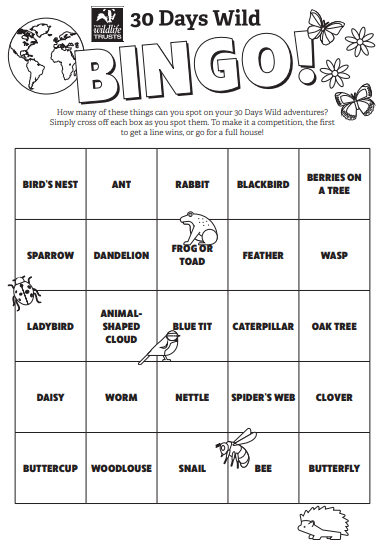
Rights Respecting School
Article 7 – Definition and Activities

This week we would like you to explore Article 7. Definition: Article 7 – birth registration, name, nationality, care.
Every child has the right to be registered at birth, to have a name and nationality, and, as far as possible, to know and be cared for by their parents.
Introduction Thinking Question – How can your name and nationality be respected?
Possible Answers:
- By being called your preferred name (shortened or in full)
- Your name being pronounced properly and spelt correctly
- A birth certificate
- A passport (if you need to travel out of the UK)
- You are encouraged to be proud of your name and nationality.
- You get a chance to celebrate your national identity perhaps with a special day, food or music.
Possible Activities to understand, demonstrate or show examples of the article
- Story – Read The Name Jar or watch The Name Jar and think about whether you respect other children’s names.
- Create a sign with your name on – this could be with paper and pen, paint or a collage with indoor or outdoor materials. (If you choose outdoor materials, this can be one of your 30 Days Challenge.)
Check out Miss McNab’s and Mrs Taylor’s pages on our website, just in case you are looking for extra things to keep you occupied.
Remember to check Twitter for Miss McNab’s weekly challenge: Miss McNab Twitter
Don’t forget to log any physical activity you do for Tokyo Challenge Get Set Tokyo
Thank you very much for continuing to support us and your children through these very different times. We love getting your photos on Twitter as we still feel very much connected to our classes.
Have a great week everyone.
Mrs Carr – gw15carrsheona@glow.sch.uk
Miss Zielinska – gw18zielinskaolimpia@glow.sch.uk
Mrs Carr and Miss Zielinska


You must be logged in to post a comment.